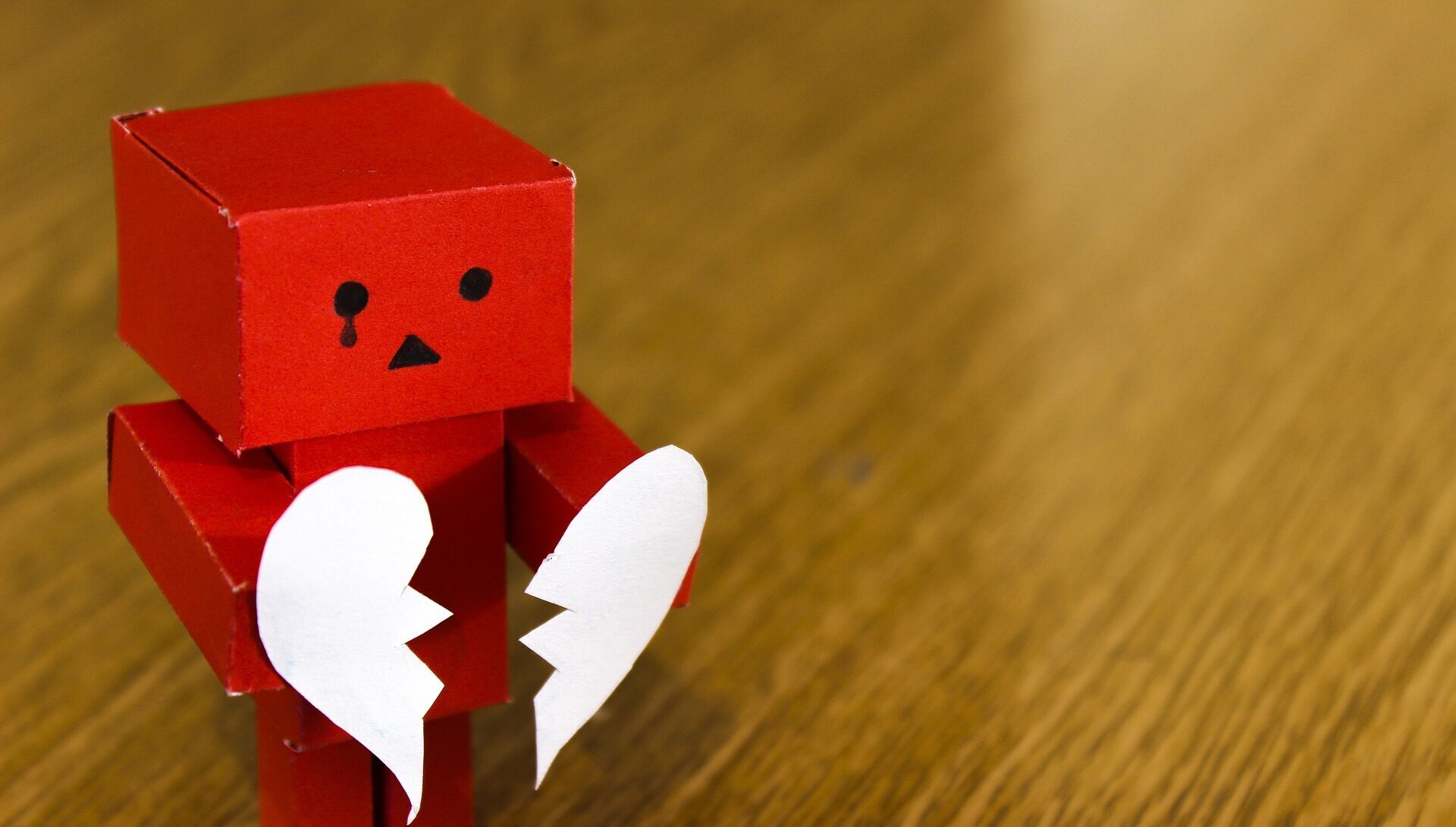The pain of rejection and how to deal with it

Rejection is the act of pushing someone or something away or feeling like we or our ideas are dismissed or not accepted by others. It can be physical or emotional. We can be rejected for a job, in a romantic relationship, or in our social and professional lives. One of the biggest fears that many of us faces daily, is to be rejected when attempting to communicate with others, on social media or making a phone call, and our approach being met with resistance or being disregarded.
If it happens sporadically and it doesn’t affect you, then there is nothing to worry about. But if it happens often and you take it personally, or if fear of rejection cripples you into inaction, then you might want to find a solution.
Rejection triggers feelings of frustration, anger, sadness, and unworthiness. The more often we experience it, the worse we feel (ask a sales person how she feels before and after making 200 phone calls per day to strangers). We might think that these feelings are caused by the rejection itself but in reality, there is a deeper cause. When others refuse to accept us, we are reliving something that happened in our childhood or even before we were born:
“A growing body of work shows that prenatal stress can have persistent effects on behavioural, physiological and immunological functioning throughout the lifespan and may even be evident across generations.” −Effects of prenatal stress on pregnancy and human development: mechanisms and pathways− Mary E Coussons-Read, PhD
Somewhere in our past we experienced rejection from one or both hour parents and this left a wound inside of us. As adults we might not have considered the importance of such an event, we might not even be conscious that we experienced rejection. But the fact that each time we are rejected we feel bad about ourselves is a clear sign that it’s more relevant than we think, and therefore it needs our attention.
Besides making us feel bad about ourselves, rejection can push us to isolate ourselves from the world. Because we fear to be rejected, we withdraw to prevent ourselves from experiencing the discomfort again. By doing this, we don’t solve the problem, we just cover it up and continue to suffer in silence. In this way we are risking to put ourselves in situations where we experience such rejections over and over again, can’t fully enjoy genuine relationships, and miss opportunities to enrich our lives with new ones.
But what can we do to make the discomfort cease so that we can accept and deal with rejection, when it happens, in a constructive way? It’s easier than you might think, when you know how to do it: find the real cause of the problem and eradicate it.
The real cause of rejection, as I mentioned previously, has its roots in our childhood or even before we were born. It is part of what I call our family’s toxic emotional inheritance – a toxic legacy of emotions, feelings, thoughts, convictions, inclinations, inner conflicts and unresolved childhood issues that our family passed onto us and was reinforced with their unhealthy behavior. Take note that often unhealthy behavior can be disguised as what we perceive to be healthy behavior. Often, we are not conscious that this inheritance is the source of our problems in life.
To add fuel to our discomfort there is the toxic saying that when someone rejects you “there is something wrong with them not with you.” While this in some cases might be true, mostly it’s not.
Believing that there is something wrong with them, not with you diverts our attention from ourselves to the other, fuels feelings of blame and hatred, and makes us radicate in a state of victimhood.
Instead, if we understand that there might be something wrong also within us, we can take action to identify it and liberate ourselves. By doing this, we will begin to attract people who value us and when we have to interact with someone who doesn’t show appreciation, we will know how to do it properly.
The experience of being rejected, if it happens regularly and makes us feel bad about ourselves, is therefore a manifestation of our family’s toxic emotional inheritance. And if we want to do something about it, then we have to identify the toxic element(s) – a conviction, a thought, an emotion – that causes us to be rejected. Understand that it’s not your fault, this is something that you have inherited.
Once we have identified this toxic element, then we can more easily find a way to liberate ourselves.
Tip:
Get in conscious contact with the feeling that you experience when you are rejected and be with it, without allowing fear to overwhelm you. If it becomes too difficult, pause and try later again. Otherwise, carry on and breath consciously until the feeling is gone. Don’t repress it, just allow it to leave you.
When we begin to liberate ourselves from the cause of rejection our experiences will change: we will attract people who accept us and when we are rejected, it won’t hurt us anymore. And we won’t sabotage ourselves by rejecting genuine people and healthy experiences.